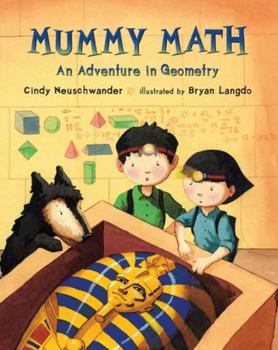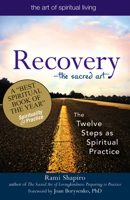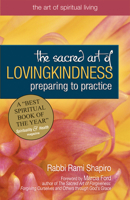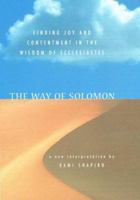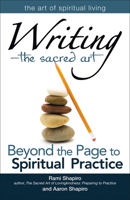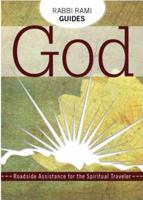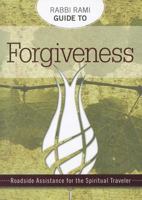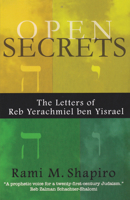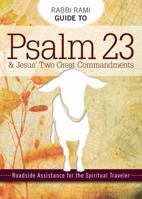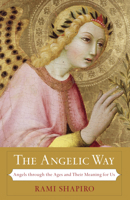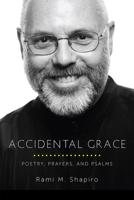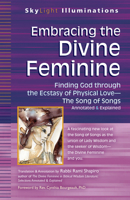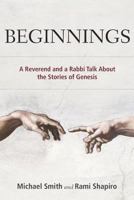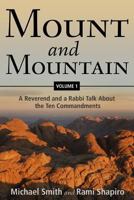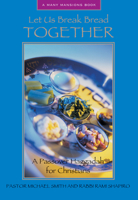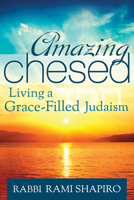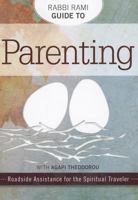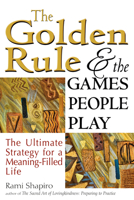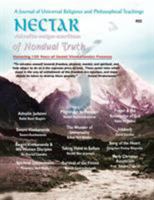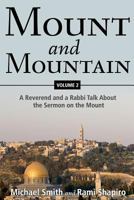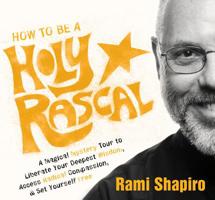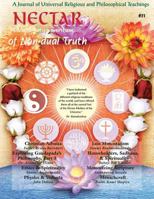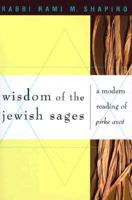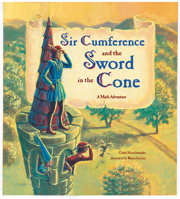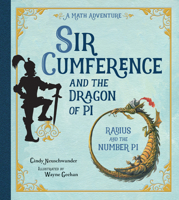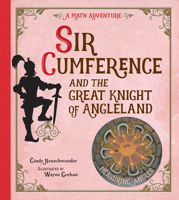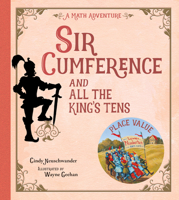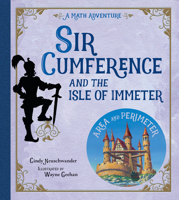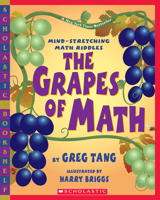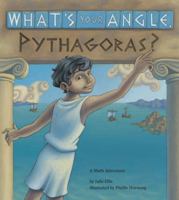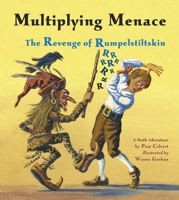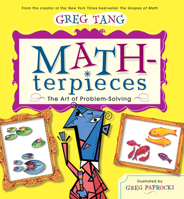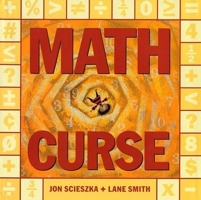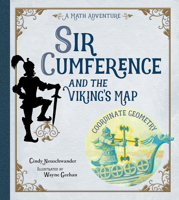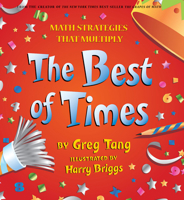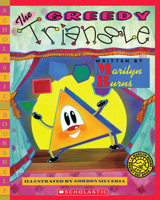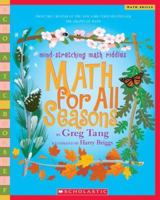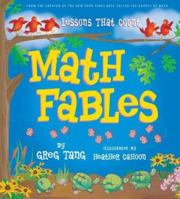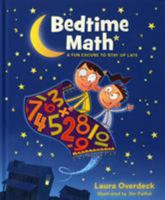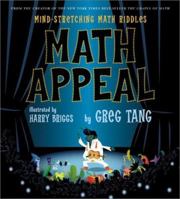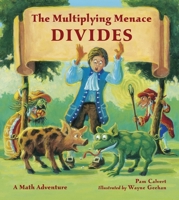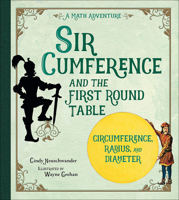Mummy Math: An Adventure in Geometry
(Part of the Matt and Bibi Math Adventure Series)
Select Format
Select Condition 
Book Overview
Matt, Bibi, and their dog Riley crawled through the tiny opening first. FWUMP A secret door suddenly closed behind them . . .
The Zills family is summoned to Egypt to help find the hidden burial chamber of an ancient pharaoh. But when Matt and Bibi get trapped in the pharaoh's pyramid, they stumble upon an even bigger mystery. With only each other, their dog Riley, and the geometric hieroglyphics on the walls to help them, the twins must use their math skills to locate the burial chamber--and the way out. Luckily, Matt and Bibi know their stuff when it comes to geometric solids, and so will the readers of this adventure in mathYou Might Also Enjoy
Customer Reviews
Rated 4 starsFun and informative
This book is a great introduction into geometry. Fun story plus my kids and I enjoyed searching for all of the shapes hidden within each illustration.
0Report
Rated 4 starsMummy Math
Illustrations are done well, the story line is engaging for children. It keeps them involved in the mystery.
0Report
Rated 5 starsLesson Kickoff!
I used this book for two separate lesson plans. I made a game board and added game cards based on the book. This quickly became an engaging way to count faces, vertices, and edges. I also used it in 7th grade social studies to add questions about history. BONUS: my 13 yr. old and 10 yr. old thought it was an engaging book!
2Report
Rated 4 starsmath fun
This is a picture book about the Zills family. The family is off on an adventure to hidden burial site of an ancient pharaoh. The twin brothers in the family get stuck inside a pyramid with their dog. They must use math to figure out a way to escape the pyramid. They must use skills to figure out the riddles written on the wall and locate the hidden burial chamber. Will they ever figure it out? Read Mummy Math to find...
2Report











